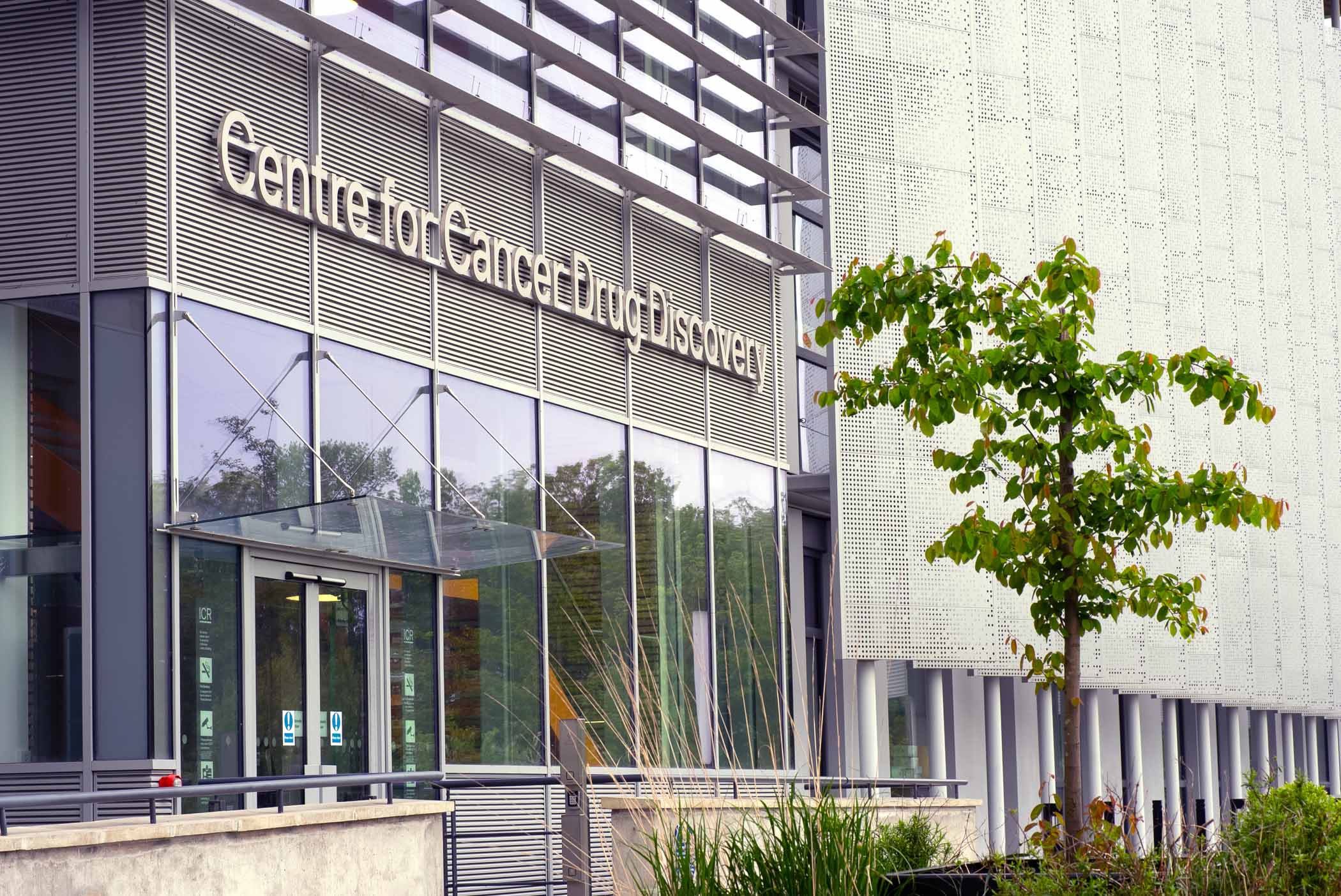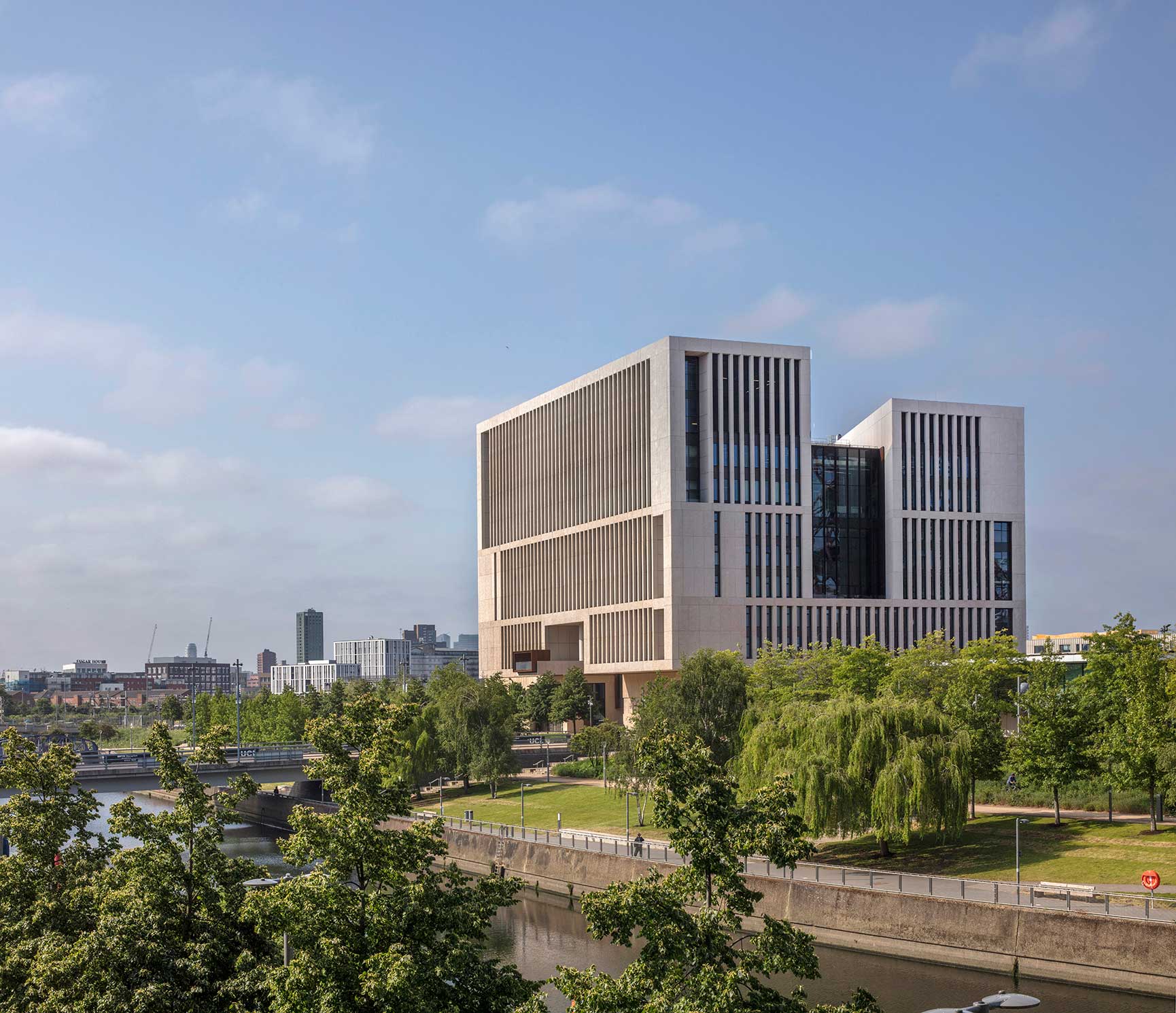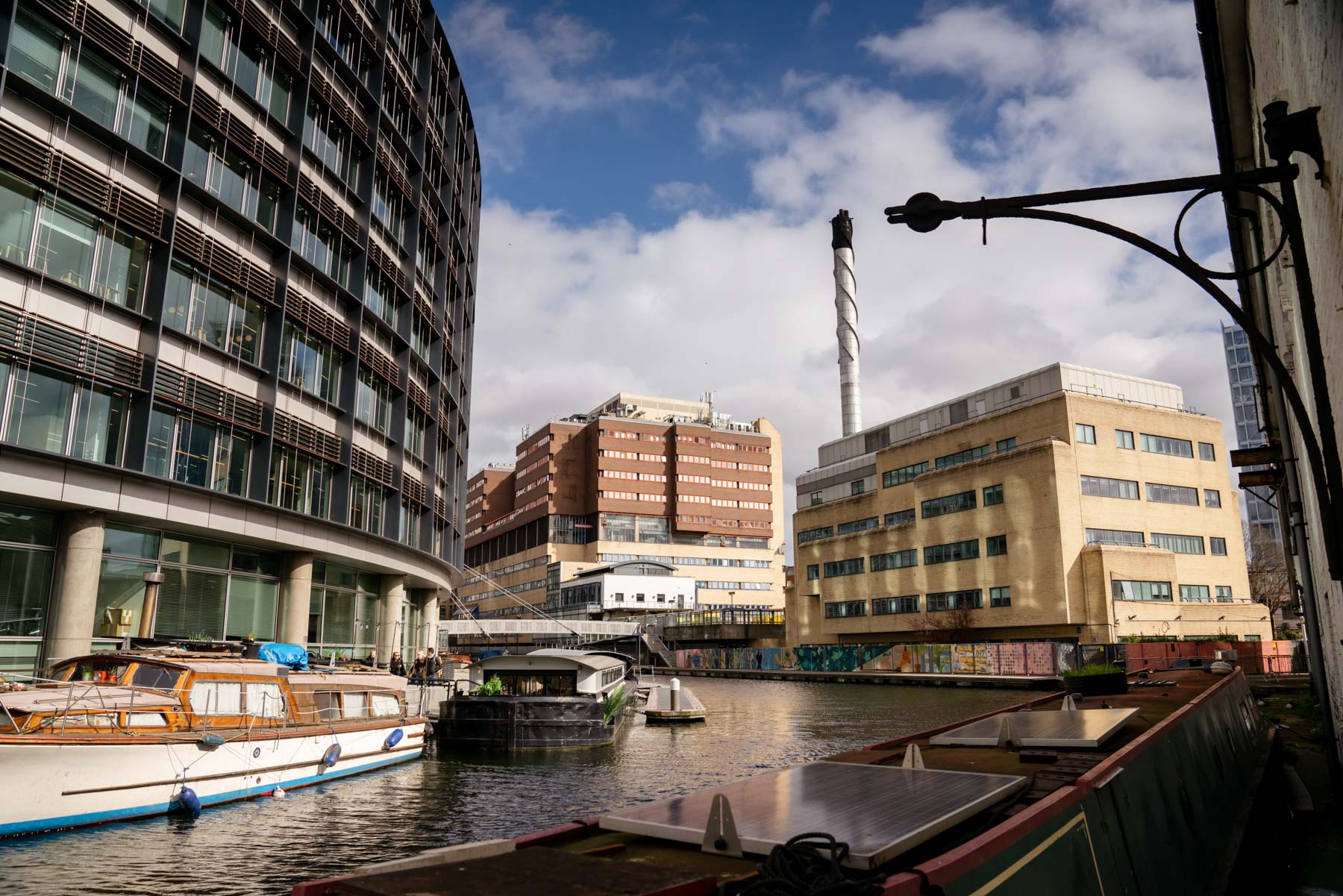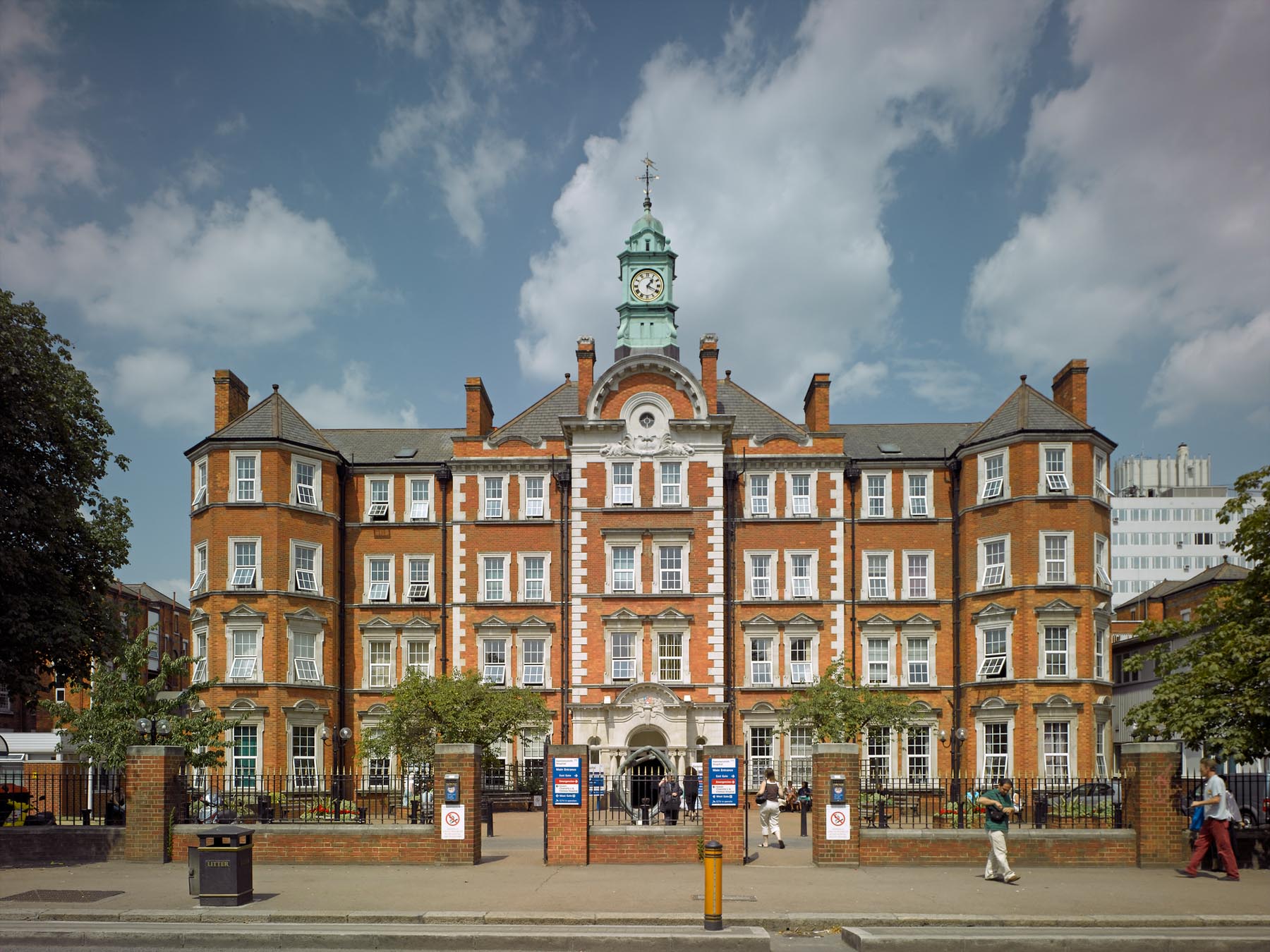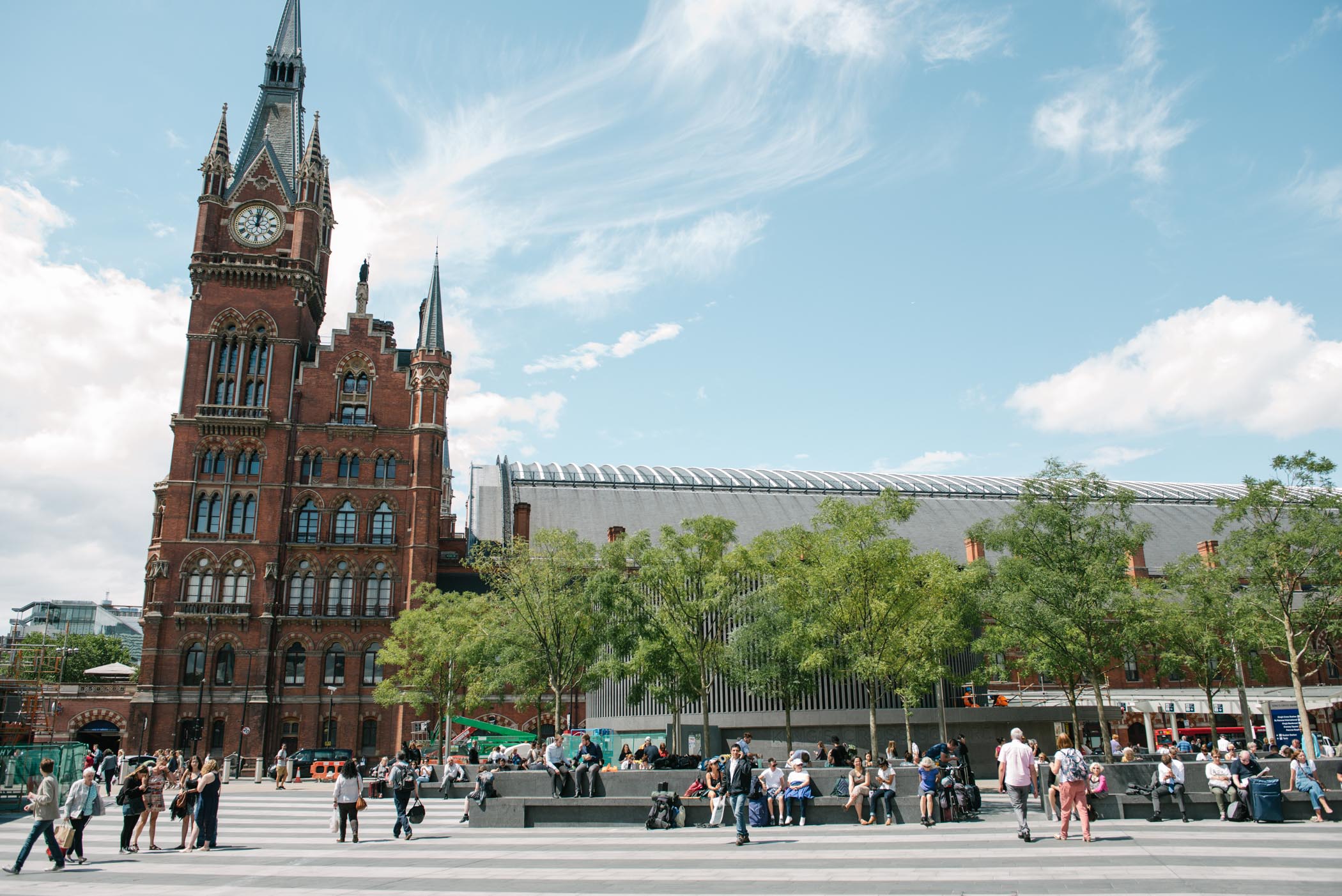
The Knowledge Quarter (KQ) is one of the world’s most important innovation districts for life sciences research.
Situated in the heart of London, a dense concentration of life-sciences focused academic and research institutions, such as the London School of Hygiene and Tropical Medicine (LSHTM), the Royal Veterinary College (RVC), University College London (UCL), and the Francis Crick Institute, makes the KQ area a prime location to establish a life sciences company. Additionally, the area benefits from excellent rail and transport connectivity to London, the rest of the UK and Europe.
The Knowledge Quarter (KQ) partnership, located in this area, is a consortium of approximately 100 academic, cultural, research, scientific, and media organizations, including Google, the British Library, and the British Museum, which collaborate on knowledge exchange and public engagement.
The area continues to see significant growth in interest from developers, research organizations, and life science companies. Looking ahead, KQ will be home to Google’s European headquarters, the UK Dementia Research Institute, a new extension of the British Library with space for life sciences companies, MSD’s Discovery Research Centre, and a new site for Moorfields Eye Hospital.
KQ is a leading innovation district and home to one of Europe’s largest life sciences research clusters with 59,500 employees working within 176 companies in and around the life sciences.
The KQ area is home to 8 Universities doing research or teaching in the life sciences, three NHS foundation trusts, and a growing list of pharmaceutical and life science powerhouses opening dedicated research offices including Novo Nordisk, MSD, GSK and AstraZeneca.
KQ has been a leading hub for both private and public research funding and fundraising in the life sciences. Since 2020, life science companies within the Knowledge Quarter have successfully raised more than £800 million in equity. Furthermore, research institutes have received grants funded by BBSRC and MRC, amounting to over £200 million for projects set to commence in 2023 and 2024.
UCL’s life science cluster represents one of the largest and most prestigious aggregations of academics in the biomedical, life and population health sciences field and leads the UK for research power in medicine, health and life sciences.
Research priorities
- Ageing populations
- AI & data science
- Cell & gene therapy
- Infectious disease
- Oncology
- Neurology & Neuroscience
- And many more
Facilities & infrastructure
UCL boasts one of the largest and highest-impact neuroscience centres in the world, including the development of a £300m landmark facility which will bring together over 500 research scientists, clinicians and patients to create world-class research and treatment environments to tackle neurological diseases like dementia.
Additional information
Developed alongside teachers and leading science education organizations, the Francis Crick Institute’s outreach program engages over 20,000 young people in Camden’s state schools, along with their teachers and families. The program offers a range of interactive and inclusive activities for children aged 5-18, including those in hospital schools, special schools, and pupil referral units.
Camden STEAM envisions Camden as a hub of inclusive opportunity, inspiring young people to pursue STEAM careers by connecting them with local employers and educators. With 60 STEAM employers and over 200 STEAM Ambassadors, Camden STEAM raises career awareness, develops skills, provides pathways, engages underrepresented groups and fosters an inclusive community that supports growth.
The LIFT programme, a collaboration between Camden, Hackney, Islington and Tower Hamlets, aims to provide residents with opportunities in the local technology, science and digital sectors. It supports businesses in recruiting skilled, diverse local talent and facilitates comprehensive apprenticeship support, including matching businesses with training providers, providing end-to-end recruitment assistance and offering funding for training costs. Additionally, the programme helps under-represented entrepreneurs access affordable co-working spaces, workshops, events and networking opportunities.


